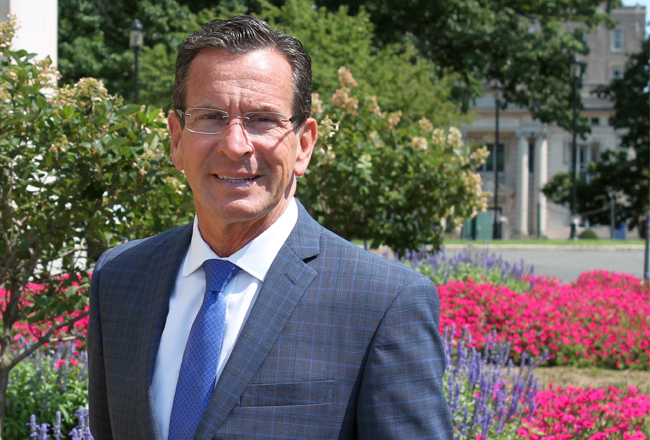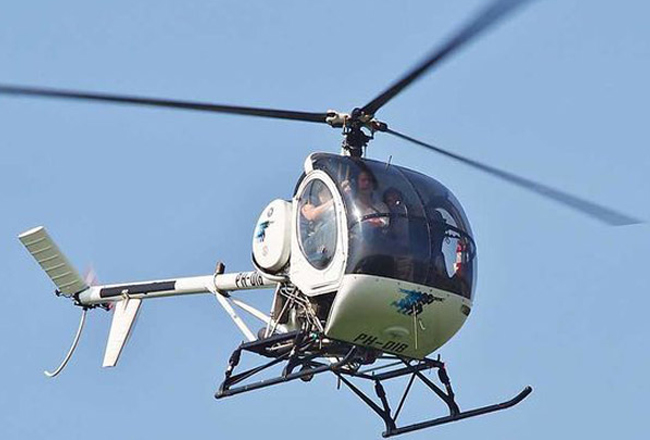Statewide electronic tolling and a 7-cent increase in the gas tax are among the items in Gov. Dannel Malloy”™s newly unveiled proposal to stabilize the Special Transportation Fund and allow for investments in the state”™s transportation system to take place.

Implementation of the administration”™s plan for the fund would restore canceled state and municipal projects across Connecticut, and would prevent drastic increases in rail and bus fares and major service reductions on Metro-North Railroad, Shore Line East, and CTtransit bus services.
The proposal takes four specific actions in order to stabilize the fund and bring critical projects back online:
- A 7-cent increase in the gas tax, gradually implemented over a four-year period.
- Implementation of statewide electronic tolling beginning in fiscal year 2023.
- Acceleration of the transfer of car sales tax by two years.
- Establishment of a $3 per tire fee on tire purchases.
The fund finances the state”™s entire transportation system, including the operating costs of the Connecticut Department of Transportation and all of the services it provides.
Earlier this month, the governor and the CTDOT indefinitely suspended $4.3 billion in projects affecting every town across the state, including critical improvements to the I-91/Route 15 interchange on the Charter Oak Bridge, the replacement of the Waterbury Mixmaster, and the widening of I-95 from Bridgeport to Stamford.
“Without new revenues this year, we face a transportation cliff,” Malloy said. “We will be forced to make draconian cutbacks, affecting even routine maintenance. If we want to revitalize our urban centers and attract the jobs of tomorrow, we absolutely must ensure the solvency of the Special Transportation Fund, and we must do it early in this legislative session. We can no longer afford to wait ”“ it”™s time for action.”
In 1997, Connecticut”™s gas tax was reduced from 39 cents per gallon to 25 cents per gallon, where it has remained. Over the same period, rail fares have increased by 54 percent and bus fares have increased by 75 percent.
Malloy”™s administration said that 26 states, including both Democrat- and Republican-led ones, have increased their gas taxes in the past year.
One group lauding Malloy”™s move was the Commuter Action Group, which bills itself as the largest rail commuter advocacy group in the tri-state region. “Metro-North riders have been paying more than their fair share for using mass transit,” said its founder, Jim Cameron. “Now it”™s time for motorists to help pay for the maintenance of the roads they drive on.”
Cameron said the state legislature created the transportation fund deficit crisis in 1997, “when they pandered their way into the hearts of voters with a 14-cent cut in the gasoline tax. The idea was popular, but proved pretty stupid as the (fund) has since lost $3.7 billion because of that cut. Now the bill has come due and lawmakers should be honest with constituents about the need for new funding. They created this problem and now they must solve it.”



















